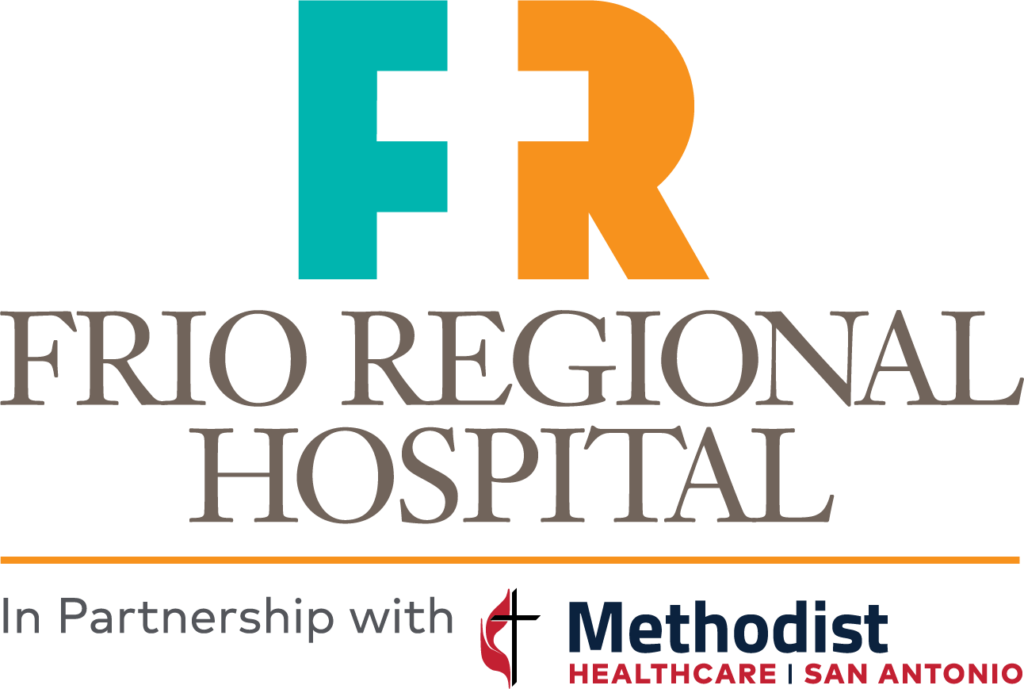Signs and symptoms of a miscarriage

It’s hard to imagine anything more painful than having a pregnancy end early in miscarriage. And that’s not an easy thing to think about when you’re on this joyous journey to motherhood.
But it’s important to know the signs and symptoms of a miscarriage. Having that extra knowledge at your disposal can help you get the early medical and emotional care you need should something go wrong.
Let’s go through the symptoms and answer some common questions.
What’s a miscarriage?
A miscarriage is the loss of a pregnancy during the first 20 weeks. It’s also called pregnancy loss, and it’s more common than you might think. As many as half of pregnancies end in miscarriage, although an exact number is not known since some women miscarry before they even know they’re pregnant.
Why do miscarriages happen?
Doctors don’t always know what causes a miscarriage. Possible causes include:
- Problems with chromosomes. These are the structures within cells that hold our genes. Sometimes during fertilization, an embryo will get the wrong number of chromosomes. When this happens, the baby will not develop normally. Sometimes this causes a miscarriage.
- Problems with the uterus or cervix.
- Age. As women get older, their chance of early pregnancy loss increases. More than one-third of pregnancies in women over the age of 40 result in miscarriages.
Some women think they’ve done something to cause their miscarriage—working, exercising, being intimate with their partner or using birth control prior to conception—but none of these cause miscarriages.
What are the signs?
Some women who miscarry have no symptoms at all. Others may notice:
- Bleeding from the vagina.
- Cramps that feel like a period.
- Belly or back pain.
- Fluid or clot-like material coming from the vagina.
If you have any of these symptoms, it doesn’t mean you’ve had a miscarriage. For instance, it’s pretty common to have light bleeding, called spotting, and cramping early in your pregnancy.
Still, you should see your provider right away if you notice any of these changes. He or she may want to give you an ultrasound and other tests just to be safe.
Healing—physically and emotionally
Most women who miscarry go on to have healthy pregnancies the next time. If you’ve had a miscarriage and hope to get pregnant again, your provider may advise you to wait at least until you’ve had your period before trying. You may need to wait longer if you’re having testing to find out why you miscarried.
But while the body can recover quickly from a miscarriage, the heart may take longer. Pain, anger and grief are all normal responses to the deep-felt loss of a baby. Friends and family can be good sources of support. If you need help with grieving, don’t hesitate to tell your provider how you feel.
More pregnancy news
There are a lot of questions moms-to-be have throughout pregnancy. To help you out, we’ve put together a nifty guide to your first trimester.
Sources: American College of Obstetricians and Gynecologists; March of Dimes; National Institute of Child Health and Human Development

